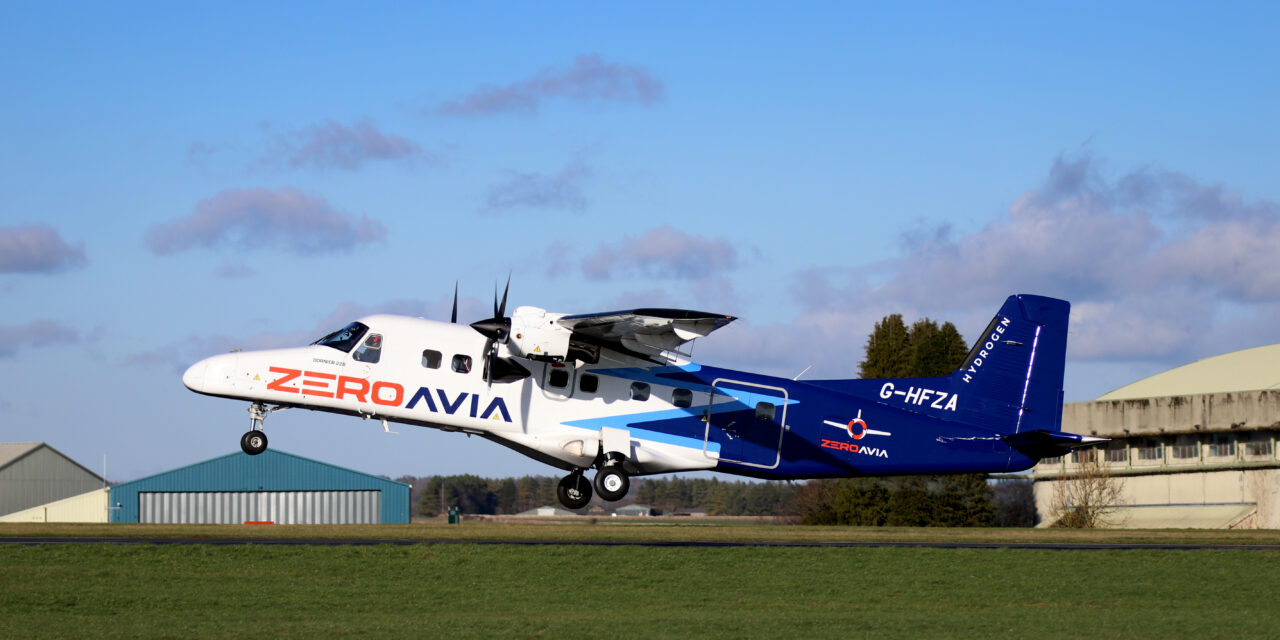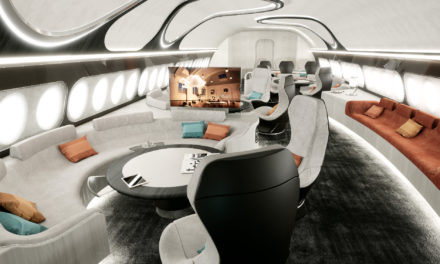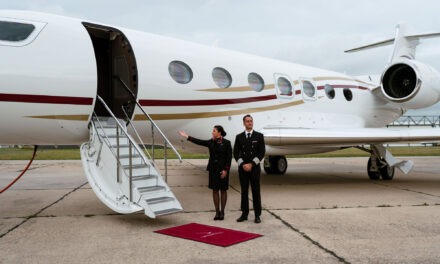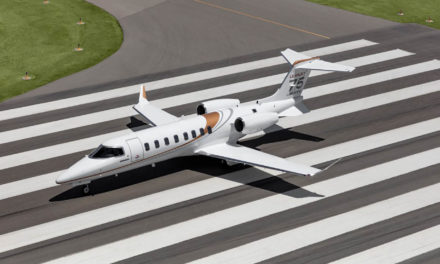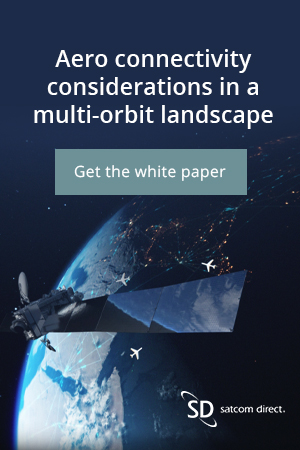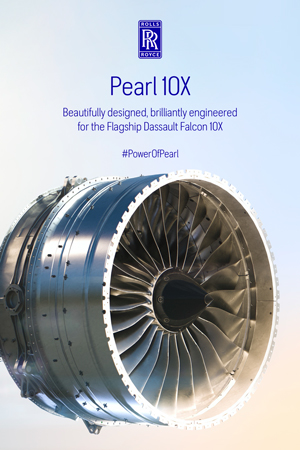ZeroAvia has signed a collaboration agreement with Shell, Rotterdam The Hague Airport and Rotterdam the Hague Innovation Airport. The parties will develop a concept of operations for hydrogen in airports and demonstration flights to European destinations by the end of 2024, gearing up for commercial passenger flights by 2025.
Following up on the cooperation commitment announced last year to launch the first hydrogen-electric commercial flight, this specific collaboration will focus on serving the first hydrogen flight from Rotterdam, including operation at the airport, developing on-the-ground infrastructure and operations to satisfactorily pilot distribution, storage, and dispensing of hydrogen for aviation, leading towards decarbonizing the whole airport ecosystem.
Ultimately, the project targets supporting aircraft operations using gaseous hydrogen to fuel ZeroAvia’s hydrogen-electric, zero-emission ZA600 engines. For these specific demonstration flights the parties aim to establish routes to airports in Europe within 250 nautical mile radius of Rotterdam. Last month, ZeroAvia demonstrated a first flight of a 19-seat aircraft powered by its prototype ZA600 engine.
This project will also target the development of aviation specific standards and protocols around safety, refueling and hydrogen management, enabling rollout of the promising fuel seamlessly. The parties will work together in discussions with potential airline operators for the initial demonstration and subsequent commercial flights.
Shell brings critical experiences and technical capabilities to the project. This is expertise related to hydrogen end-to-end supply chains and global experiences in design and operation of refueling equipment, including hydrogen. Shell invests in hydrogen production projects with the aim to develop regional and international hydrogen economies. In its decarbonization efforts Shell collaborates with airports to develop fit-for-future infrastructure that will allow it to supply customers with sustainable aviation fuel, hydrogen and electric planes charging, so called “multi-modular” infrastructure.
ZeroAvia has previously partnered with Shell for the provision of low carbon-intensity hydrogen to power some of its testing and early commercial operations in California. The multinational energy company also invested in ZeroAvia last year.

